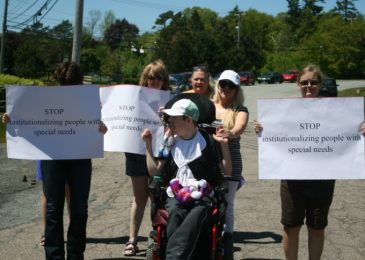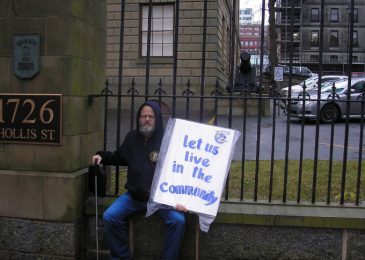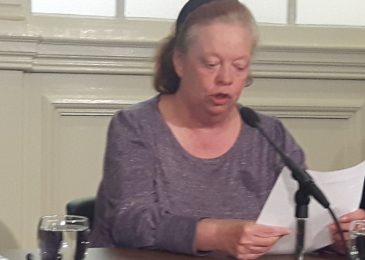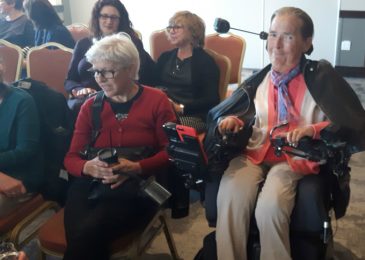Open letter to Minister of Finance Karen Casey about the absence of any new investment in community home capacity
“The current government adopted the Roadmap Report and a 10-year time frame for significantly increasing community-based supported living options while decreasing reliance on large institutions. So far, however, the allocation of resources from government needed to create community capacity has been woefully inadequate. Wait lists for services continue to grow – from 1100 in 2015 to 1300 in 2017 to nearly 1500 last year. This is because the badly needed investments by government have not been forthcoming.”





